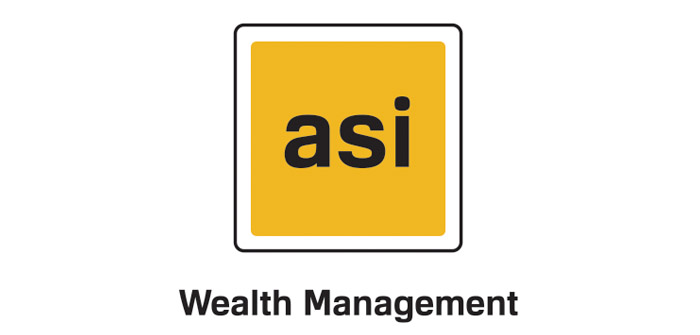Have you ever found yourself in the grocery store shopping for barbecue sauces? As you scan the aisle from the top shelf to the bottom, each brand’s label competes for your attention. There are labels that use humor, some highlight tasty ingredients like maple and bourbon, and some highlight ingredients they don’t have like no high fructose corn syrup or gluten. You may even invest time picking up a few bottles to get a closer look. Unless you know the exact brand you want to purchase, the options quickly become overwhelming. Eventually, you resort to picking one to try and if it doesn’t amount to being everything you dreamed of, you’ll try again next time. When it comes to more important life decisions than choosing a barbecue sauce for your weekend grill out, you will likely take additional steps to avoid starting off on the wrong foot.
When you approach the financial service industry looking to hire a financial advisor to help oversee your assets, it’s often hard to tell advisors apart. Advisors don’t come in nicely packaged 16oz. barbecue sauce bottles that are easy to recycle if you happen to pick one you don’t like! To avoid the feeling of I don’t know what I don’t know on your search — here are a few things to know and questions to ask:
Is your advisor a fiduciary? — Not every financial advisor acts as a fiduciary. This is important because an advisor that acts under a fiduciary agreement is bound by law to manage your assets for your benefit, not theirs. If your advisor isn’t acting as a fiduciary, make sure you understand any conflicts of interest when they make recommendations to you.
What fees will I pay? — There can be layers of fees in the financial service industry so it’s important to understand what fees you will pay. Ask your advisor — “How do you make money from your clients?” This question should illuminate whether they charge a management fee, if they make additional compensation by the investments, or the commissions they make off insurance they may try to sell you. According to the National Association of Personal Financial Advisors (NAPFA), a Fee-Only compensation model is the most transparent and objective method. This is where an advisor is paid either hourly, or as a percentage of assets under management, and receives no additional compensation from the products they use.
How do you invest my money? — Keeping investment cost low is very important to keeping up with the market. Investments that have high expenses must make higher returns to overcome their costs. In addition, advisors who trade often incur additional costs related to managing accounts that they must make up for. Naturally, advisors who try to predict where returns in the market will come from will be trading more often.
Armed with the right questions, you should be able to better assess whether you have selected the advisor who is best for your financial situation.





